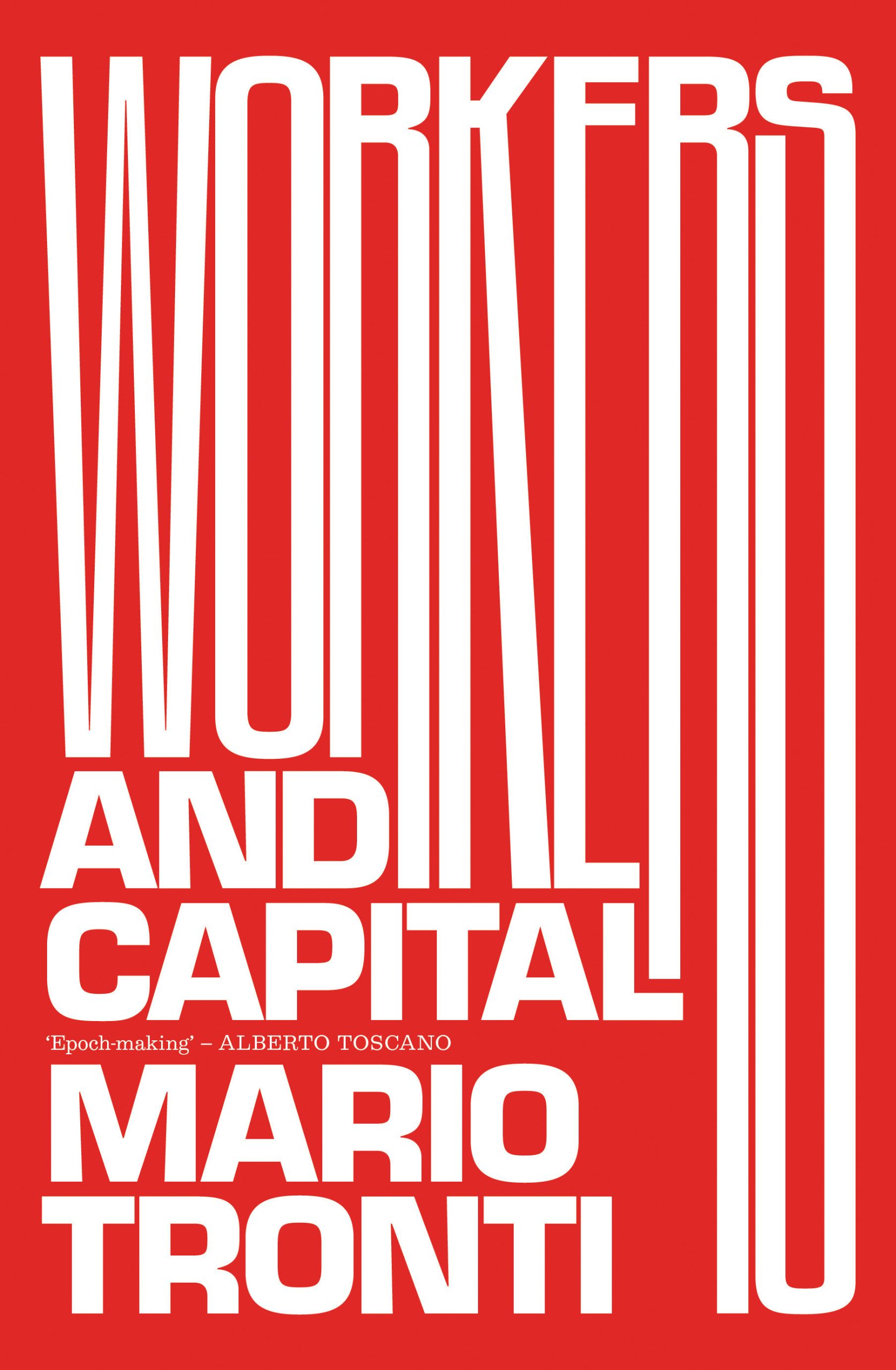Workers and Capital
23.00 JOD
Please allow 2 – 5 weeks for delivery of this item
Description
The classic text of Italian workerism available in English for the first time Workers and Capital is universally recognised as the most important work produced by operaismo, a current of political thought emerging in the 1960s that revolutionised the institutional and extra-parliamentary Left in Italy and beyond. In the decade after its first publication in 1966, the debates over Workers and Capital produced new methods of analysis and a new vocabulary for thousands of militants, helping to inform the new forms of workplace, youth, and community struggle. Concepts such as “neocapitalism,” “class composition,” “mass-worker,” “the plan of capital,” “workers’ inquiry” and “co-research” became established as part of the Italian Left’s political lexicon. Five decades since it was first published, Workers and Capital remains a key text in the history of the international workers’ movement, yet only now appears in English translation for the first time. Far from being simply an artefact of the intense political conflicts of the 1960s, Tronti’s work offers extraordinary tools for understanding the powerful shifts in the nature of work and class composition in recent decades.
Additional information
| Weight | 0.5 kg |
|---|---|
| Dimensions | 2.6 × 15.3 × 23.5 cm |
| PubliCanadation City/Country | USA |
| by | |
| Format | Paperback |
| Language | |
| Pages | 400 |
| Publisher | |
| Year Published | 2019-8-20 |
| Imprint | |
| ISBN 10 | 1788730402 |
| About The Author | Mario Tronti is a philosopher and political scientist best known for co-founding the journals Quaderni Rossi and Classe Operaia. |
“Every generation of revolutionary anti-capitalists has to come to terms with how to read afresh the classic formulations of Marx and Lenin in ways appropriate to the conditions of their times. How Tronti and some of his close colleagues did this in the 1960s is a spectacular and inspirational example of how to re-theorize class formation and the practices of class struggle from a ground-up and workerist perspective. While our contemporary world may be very different, there is much to be learned not only conceptually but also methodologically from Tronti’s brilliant and incisive interventions at all levels in the politics of his era.” —David Harvey “Tronti’s analyses of capital and the potential to overthrow it, which provided a beacon for generations of Italian radicals, have lost none of their power today. All those who struggle within and against capitalist society will find here a treasure of new insights and weapons.” —Michael Hardt, co-author of Assembly“In the early 1970s I read Tronti religiously.” —Silvia Federici, author of Caliban and the Witch “Workers and Capital is not a mere period curiosity, but a fundamental work, like Lukacs’ History and Class Consciousness, and—dare I say?—one that now finds a new relevance in the hyper-Fordism of contemporary China.” —Mike Davis, author of City of Quartz “Tronti was the first and one of the most original and influential theoreticians of the historical moment of the radical left in post-war Italy and it is essential to have his works accessible in English.” —Fredric Jameson, author of Postmodernism, or, The Cultural Logic of Late Capitalism “Tronti’s Workers and Capital remains a solid basis for researching this new capitalist terrain.” —Antonio Negri, author (with Michael Hardt) of Empire “Those who, like Marx, believe that the critique of political economy realises its true potential when it becomes an instrument in the class struggle will find this book an indispensable weapon.” —Asad Haider, author of Mistaken Identity“Epoch-making.” —Alberto Toscano, author of Fanaticism: On the Uses of an Idea “A message in a bottle finally getting ashore.”—Tim Christiaens, Marx & Philosophy |
Only logged in customers who have purchased this product may leave a review.






Reviews
There are no reviews yet.